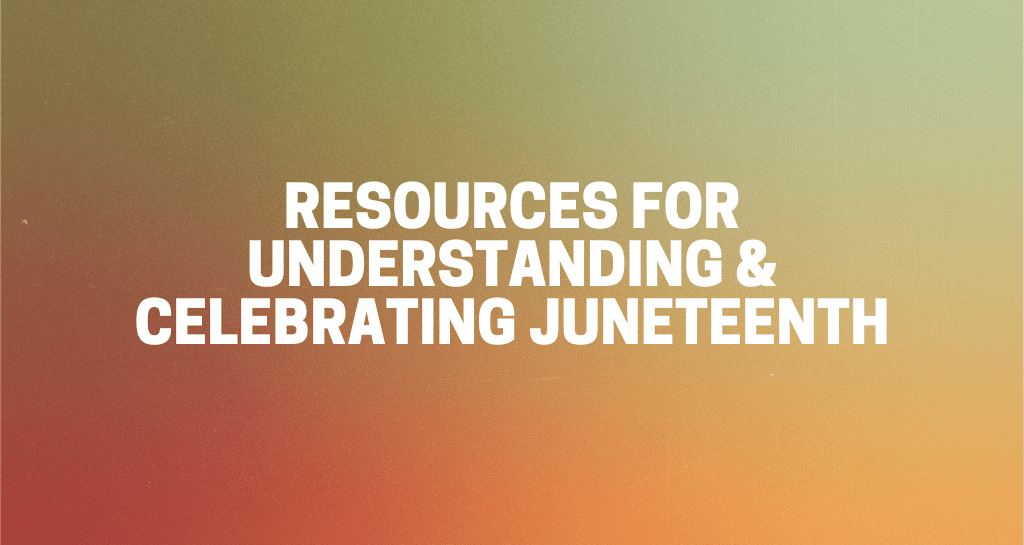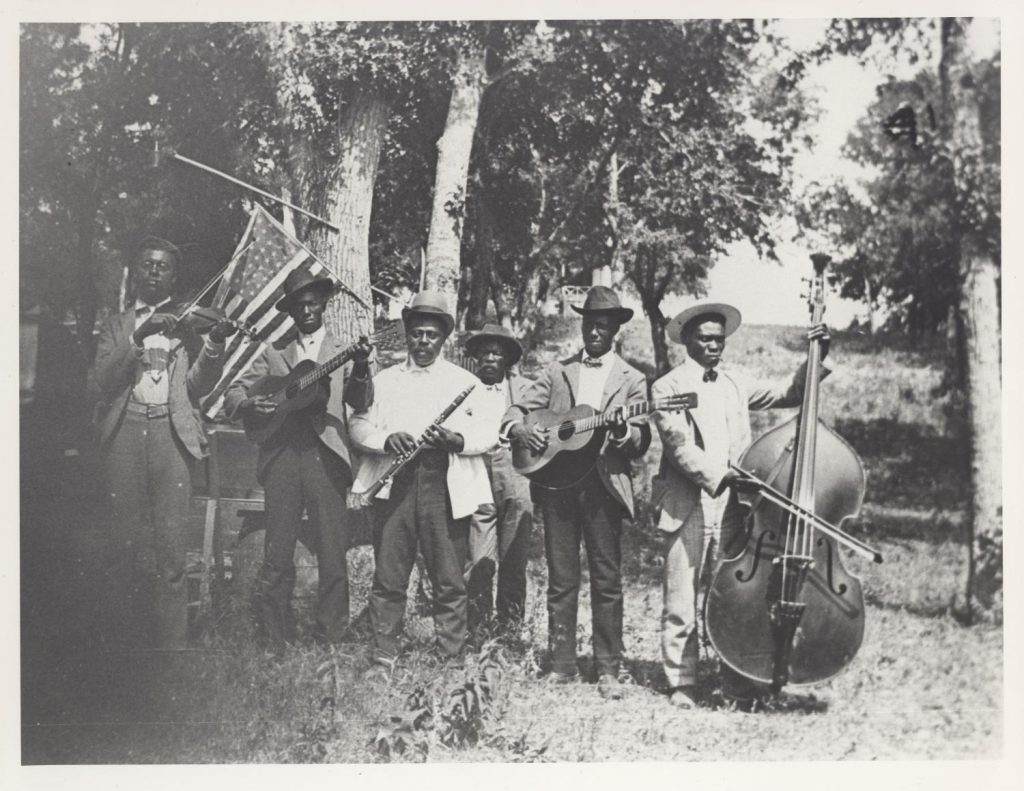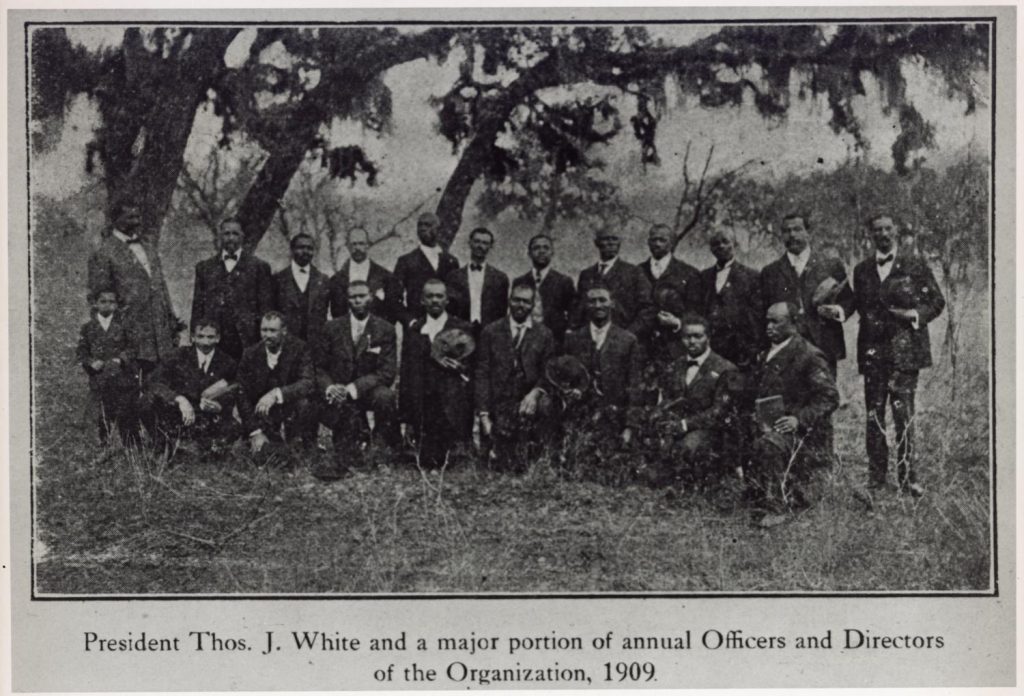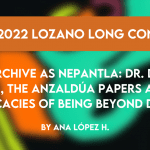
Saturday June 19 marks Juneteenth, also known as Freedom Day, which celebrates the emancipation of enslaved African Americans in the United States. More than two years after President Lincoln issued the Emancipation Proclamation, Union soldiers entering Galveston, Texas on June 19, 1865 informed African American enslaved people that they were free. In honor of Juneteenth, Not Even Past has collected a series of resources and announcements of events involving UT faculty.
As a scholar of slavery and of the enslaved, I believe we should celebrate Juneteenth because it represents an opportunity to reflect on the complicated meaning of freedom. Freedom that came at the end of the bloodiest war on the American soil where more than 700,000 lives were lost. Freedom that came at the death of many enslaved people who never lived to see it, and freedom that people still fight for today. Juneteenth is a holiday where people consider notions of liberty and justice, clearly issues that remain the center of our attention — even today.
Dr Daina Ramey Berry (link to article)
Podcasts

A national holiday commemorating Juneteenth would spur not only conversation about the origins of our current racial and political conflicts, but would also prompt vitally necessary education about white supremacy and its manifestations in policies and political actions that are anti-black, anti-democratic and anti-human.
Dr Peniel Joseph (link to article)
Events and Celebrations
Inaugural Juneteenth Freedom Summit
What: The LBJ School of Public Affairs and The Center for the Study of Race and Democracy (CSRD) are hosting “The Juneteenth Freedom Summit: New Birth of American Freedom,” commemorating the formerly enslaved Black women and men who helped to remake conceptions of race, democracy and citizenship. Leading voices will explore why Juneteenth matters now, in this season of national political awakening around racial justice and equity, more than ever. Moderated by CSRD’s founding director Peniel Joseph, the event features a keynote lecture on the meaning of Juneteenth, a part of the CSRD William C. Powers Jr. lecture series, and lightning round discussions on important racial equity issues with distinguished local thought leaders. More info.
When: Saturday, June 19, 11 a.m.
Where: Online
“Understanding Juneteenth Celebrations within the Politics of Race and Memory” with Anthony L. Brown
What: Join COLA for their annual Juneteenth observance: “Understanding Juneteenth Celebrations within the Politics of Race and Memory,” a talk by Anthony L. Brown, professor of curriculum and instruction in social studies education and a faculty affiliate of the Department of African and African Diaspora Studies and the Warfield Center. Closed captioning will be available.
When: Thursday, June 10, 11 a.m.
Where: This will be a virtual event. Registration is required to attend.
“On Juneteenth” With Annette Gordon-Reed
What: Join the LBJ School for an evening with Harvard Professor and Pulitzer Prize-winning author Annette Gordon-Reed. In her new book “On Juneteenth,” the historian and Texas native examines the Lone Star State roots of Juneteenth and its continuing importance to the fight for racial equity. Dr. Daina Ramey Berry, chair of the history department at The University of Texas at Austin, will moderate the discussion. More info.
When: Thursday, June 17, 7 p.m.
Where: This will be a virtual event. Register on their event page.

I will use the words of the historian Mitch Kachun, who says that celebrations of the end of slavery should have three goals: to celebrate, to educate, and to agitate. Given the centrality of food to African American culture, celebrations usually feature food (e.g., cookouts, family reunions, outdoor parties, picnics, fairs). Additionally, there are typically lectures, presentations and exhibitions that showcase African American culture. Readings from prominent African Americans are also often featured. Also, this is a time to remind people about the history and continuing experience of racism and oppression that has unfortunately defined much of the African American experience. People should use this time to advocate for social justice, as is currently going on regarding the issue of police brutality.
Dr. Kevin O Cokley (link to article)



